SGGP
Vietnamese rice has continuously brought good news to the economy: not only is it the best in the world, but export revenue in the first 11 months of 2023 reached more than 4 billion USD - the highest increase in the past 34 years.
In addition, the Prime Minister has just approved the Project "Sustainable development of 1 million hectares of high-quality and low-emission rice cultivation associated with green growth in the Mekong Delta by 2030" (referred to as the Project). Deputy Minister of Agriculture and Rural Development Hoang Trung (photo), discussed with SGGP Newspaper reporters about the implementation of the project so that the rice industry can continue to flourish.
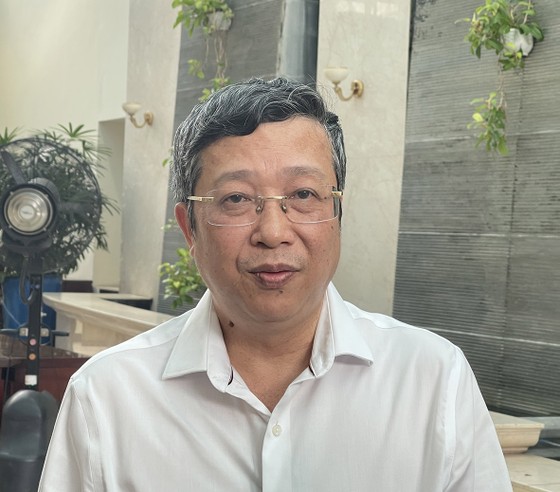 |
REPORTER: Why is this project being implemented in the Mekong Delta region, sir?
Deputy Minister of Agriculture and Rural Development HOANG TRUNG: The Mekong Delta is currently the most important and key rice production region, with great contributions to the Vietnamese rice industry. The Mekong Delta not only provides and ensures food security for the region, Ho Chi Minh City and the Southeast, but also accounts for about 90% of our country's rice exports every year, bringing in billions of USD to the country.
The objective of this Project is to build a high-quality and low-emission rice specialized area in the Mekong Delta, a breakthrough in reorganizing rice production, increasing added value throughout the chain, ensuring sustainable development in the context of increasing climate change, contributing to green growth. The Project is of international stature, affirming the Government's commitment at the 26th United Nations Climate Change Summit, aiming for a net zero emission target by 2050. The Project also realizes the policies of the Party, National Assembly and Government on sustainable and natural development of agriculture in the Mekong Delta, increasing income for rice growers and ensuring national food security, promoting exports; mobilizing all resources and economic sectors to participate.
How will the project be implemented?
In the 2023-2024 winter-spring crop, the ministry will review, consolidate and perfect the area of 180,000 hectares under the VnSAT Project and the following crops in 2025. At the same time, it will continue to review areas that meet the criteria for expansion, reaching 1 million hectares of high-quality, low-emission rice cultivation in the Mekong Delta by 2030. In the 2026-2030 period, the ministry will clearly identify key areas to establish investment projects to develop new high-quality, low-emission rice cultivation areas, in addition to focusing on the main activities of investing in new areas on the basis of completing infrastructure, reorganizing production, building value chains, and completing the measurement - reporting - appraisal system. After success, the project will expand to other key areas across the country.
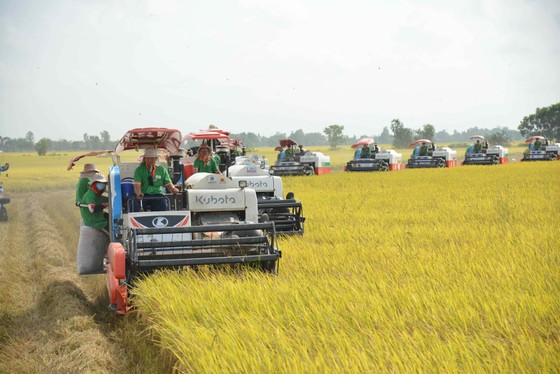 |
| Rice harvest in the Mekong Delta |
The implementation of the project will certainly require a large amount of funding. How will the Ministry calculate this?
Regarding policies, plans, and directions from the Government down to the ministerial and local levels, a diverse source of capital will be mobilized with more than 600 million USD. Of which, the main source will come from technical assistance and non-refundable financial resources from the World Bank's Carbon Asset Conversion Fund with about 350-400 million USD. The central and local budgets will provide about 100 million USD in each period. In addition, non-refundable support capital sources, official development assistance (ODA) loans, and international support sources, non-governmental organizations, and embassies of countries in implementing greenhouse gas emission reduction programs in the rice production sector in Vietnam will be about 35-40 million USD. In addition, there are credit sources and socialized sources from enterprises, cooperatives, organizations, and individuals at home and abroad.
How can the Project be known to the world and attract more investment capital?
The 2023 Vietnam - Hau Giang International Rice Festival, taking place in mid-December with more than 200 international guests and leaders of the ministries of agriculture of various countries in attendance, will have an area to introduce the practical implementation of this Project in the fields, launched by the Prime Minister to increase its reach. This event will be an affirmation to the international community that Vietnam not only ensures food security but also reduces emissions and promotes green growth.
Vietnam has also just won the World's Best Rice Award 2023, continuing to affirm our country's position as having many high-quality rice varieties. The Ministry of Agriculture and Rural Development will prioritize resources to expand internationally awarded rice varieties to many other growing areas such as ST25, which previously had good quality grown in Soc Trang province, but can now be grown in other provinces. The Ministry is also researching to upgrade rice varieties to be suitable for the climate change situation in the coming time. Currently, the Ministry of Agriculture and Rural Development, together with the Ministry of Industry and Trade, is building brands for internationally awarded varieties.
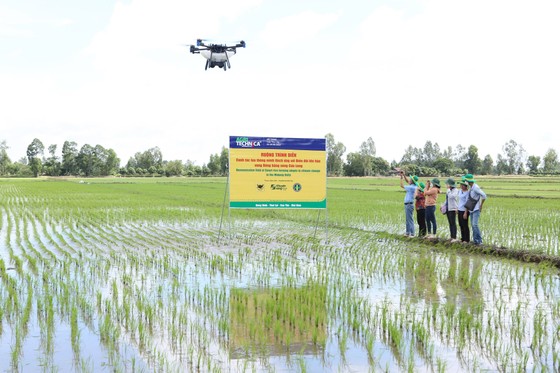 |
Smart rice farming adapts to climate change in the Mekong Delta in Can Tho City |
Although rice prices are high, farmers and businesses are losing money, while material businesses are making high profits. Will this project help harmonize the interests of all parties?
The Ministry will develop policies to create a sustainable chain of links and profits commensurate with farmers. Enterprises, cooperatives, and farmers will join hands to develop and take responsibility when risks arise. The project will also form innovation centers and logistics centers associated with specialized growing areas with the participation of cooperatives and enterprises. The project will transfer sustainable farming methods, climate change response, management, business, and market knowledge to rice-growing households and cooperatives; Upgrade existing irrigation works and complete the canal system combined with intra-field traffic; review the network of warehouses, dryers, and processing in specialized rice growing areas...
Source


![[Photo] Phuc Tho mulberry season – Sweet fruit from green agriculture](https://vstatic.vietnam.vn/vietnam/resource/IMAGE/2025/4/10/1710a51d63c84a5a92de1b9b4caaf3e5)

![[Photo] Prime Minister Pham Minh Chinh chairs meeting to discuss tax solutions for Vietnam's import and export goods](https://vstatic.vietnam.vn/vietnam/resource/IMAGE/2025/4/10/19b9ed81ca2940b79fb8a0b9ccef539a)
![[Photo] Unique folk games at Chuong Village Festival](https://vstatic.vietnam.vn/vietnam/resource/IMAGE/2025/4/10/cff805a06fdd443b9474c017f98075a4)


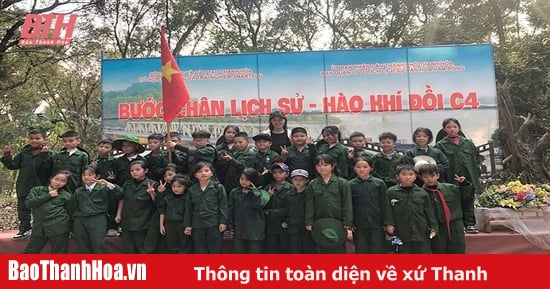

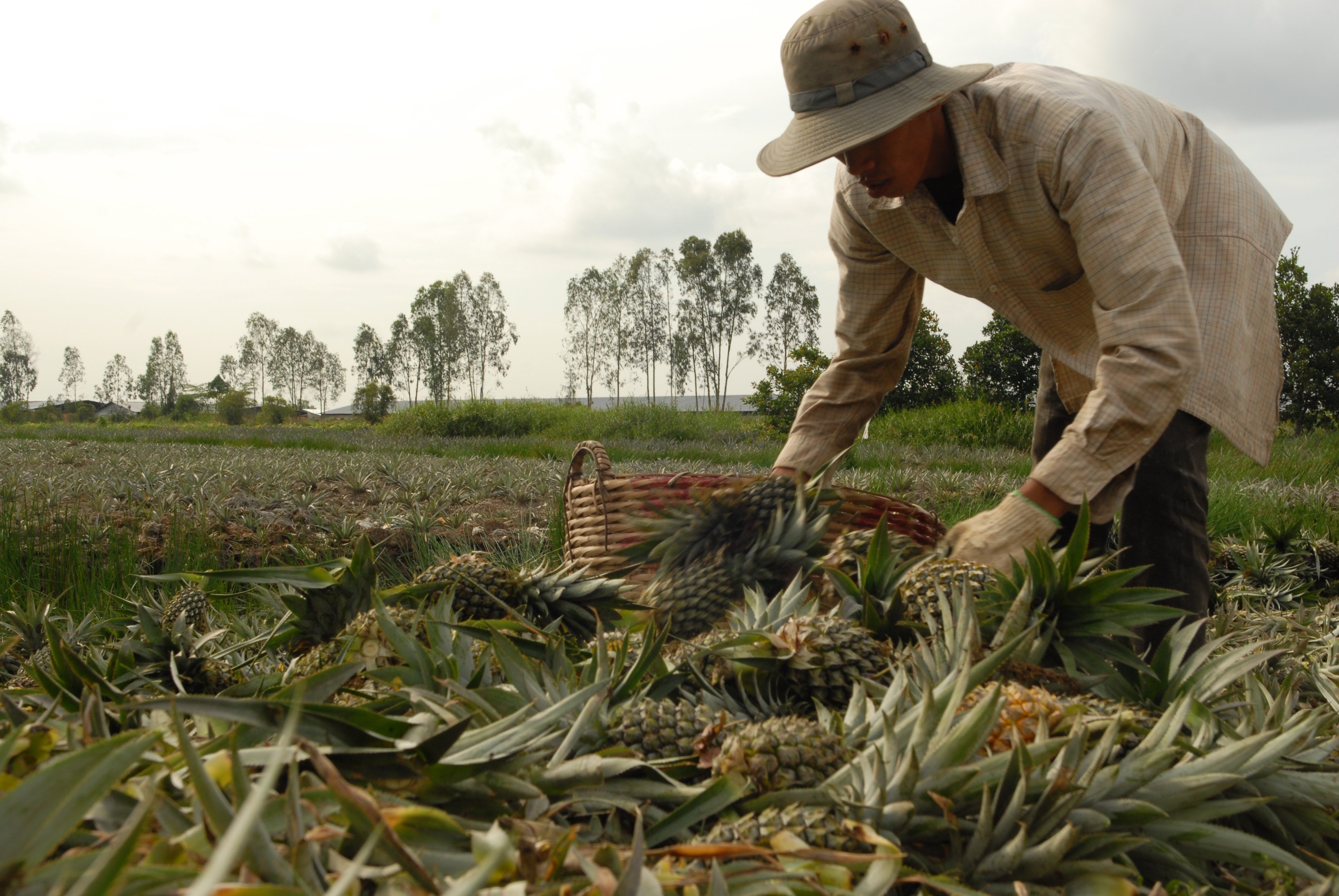

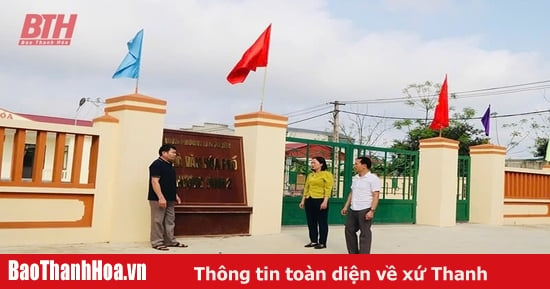
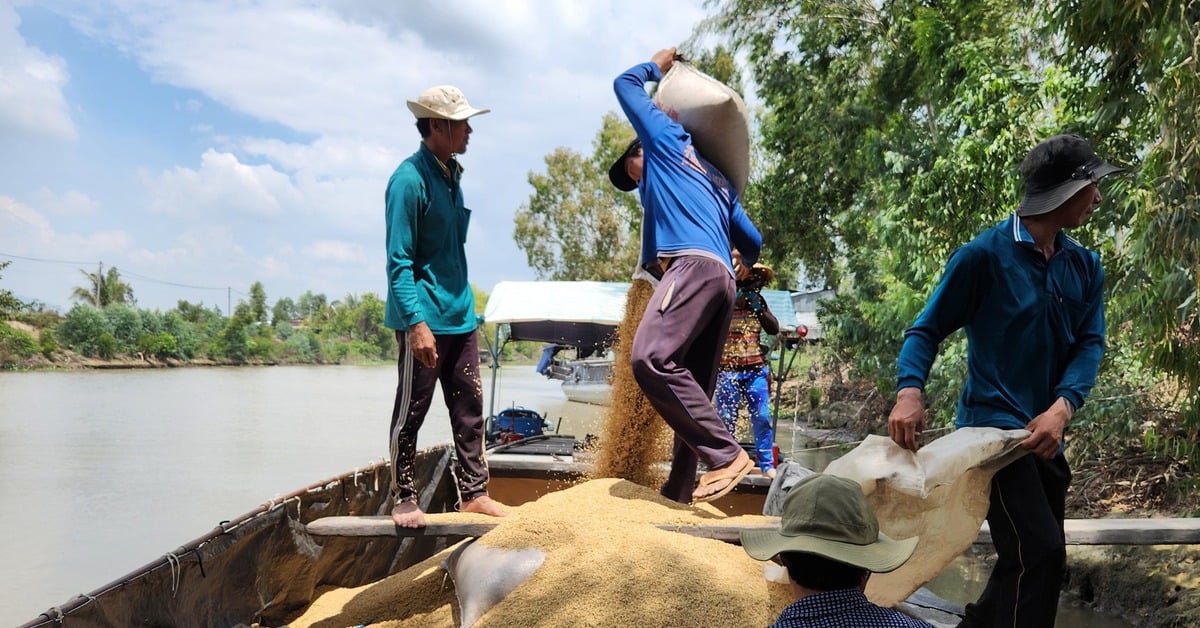

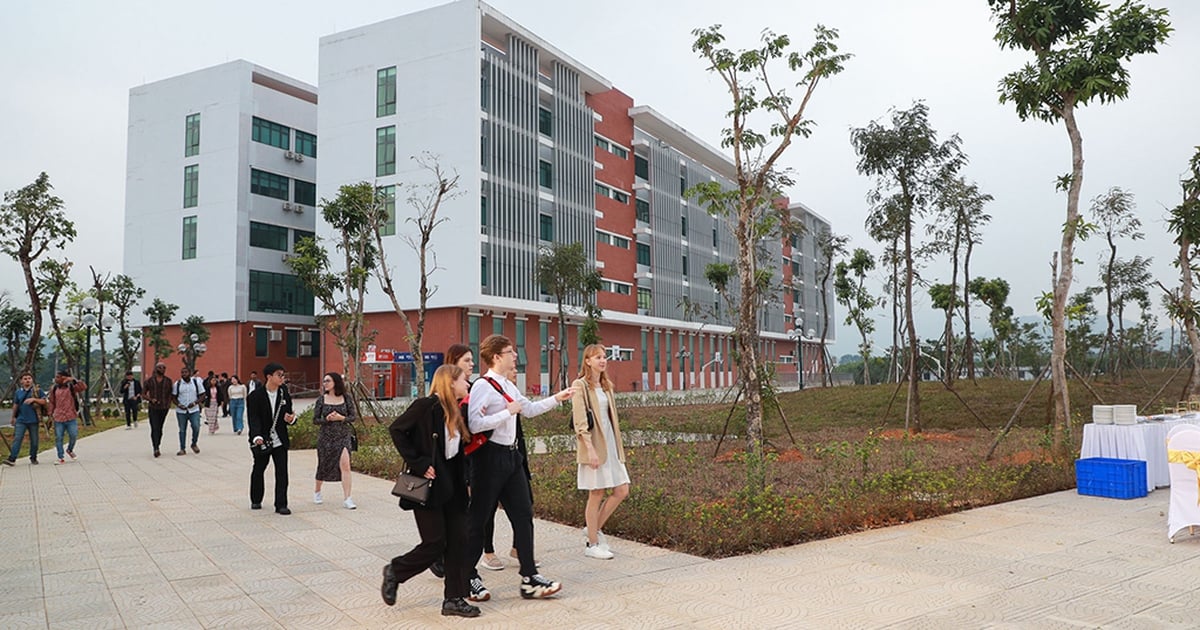

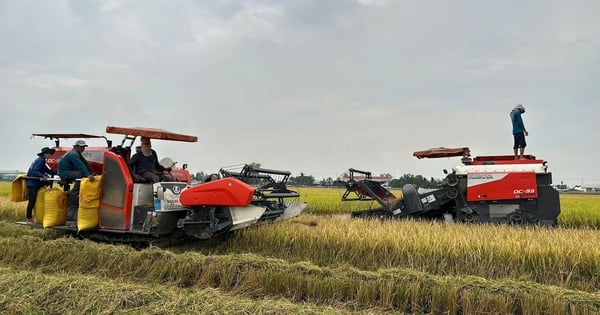


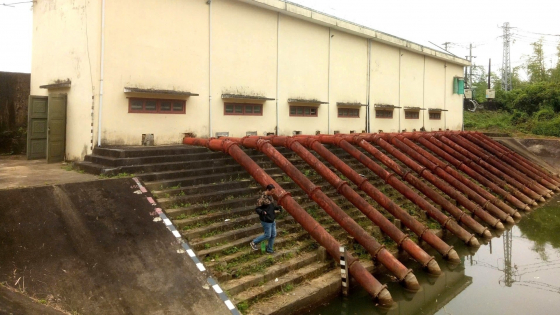
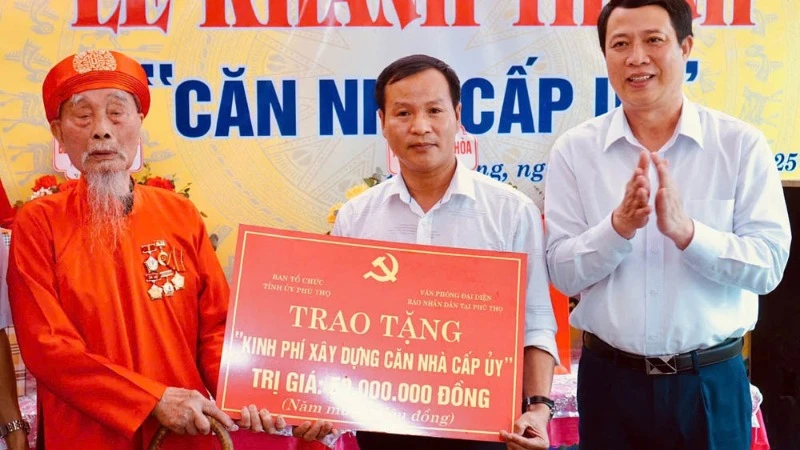
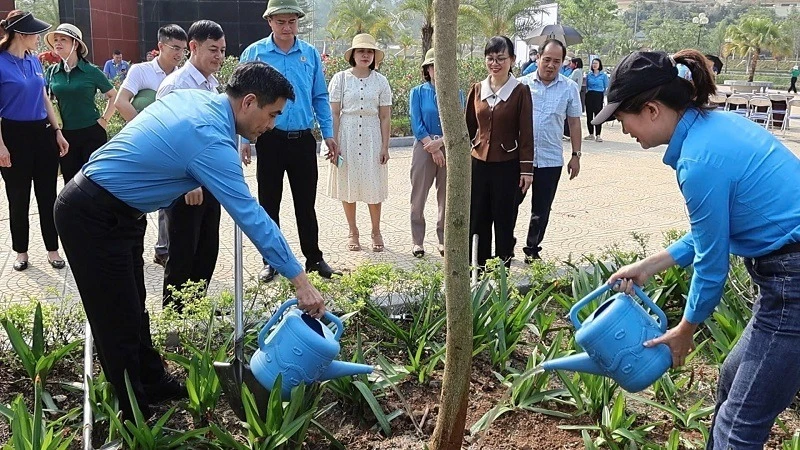
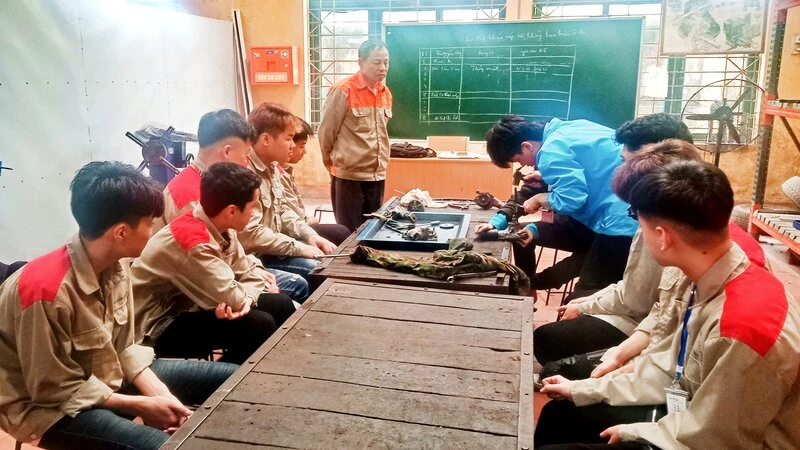
![Building the Vietnamese bird's nest brand: [Part 1] Reaching the world](https://vstatic.vietnam.vn/vietnam/resource/IMAGE/2025/4/10/a74ccb6a92a148aa9acd3682fa5ad735)




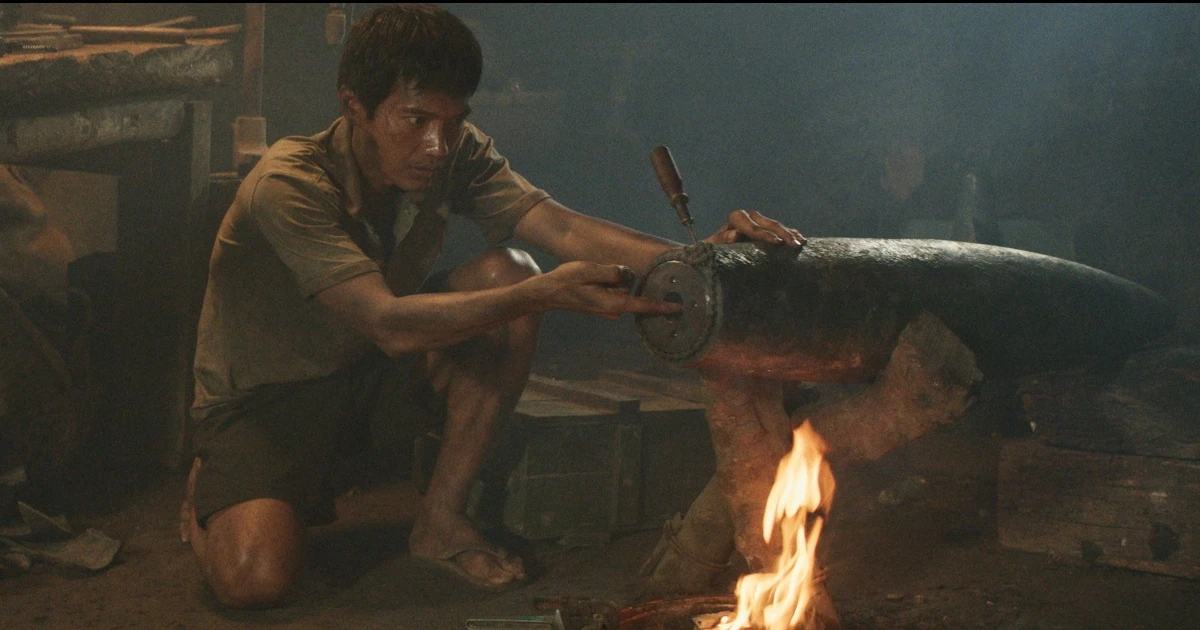

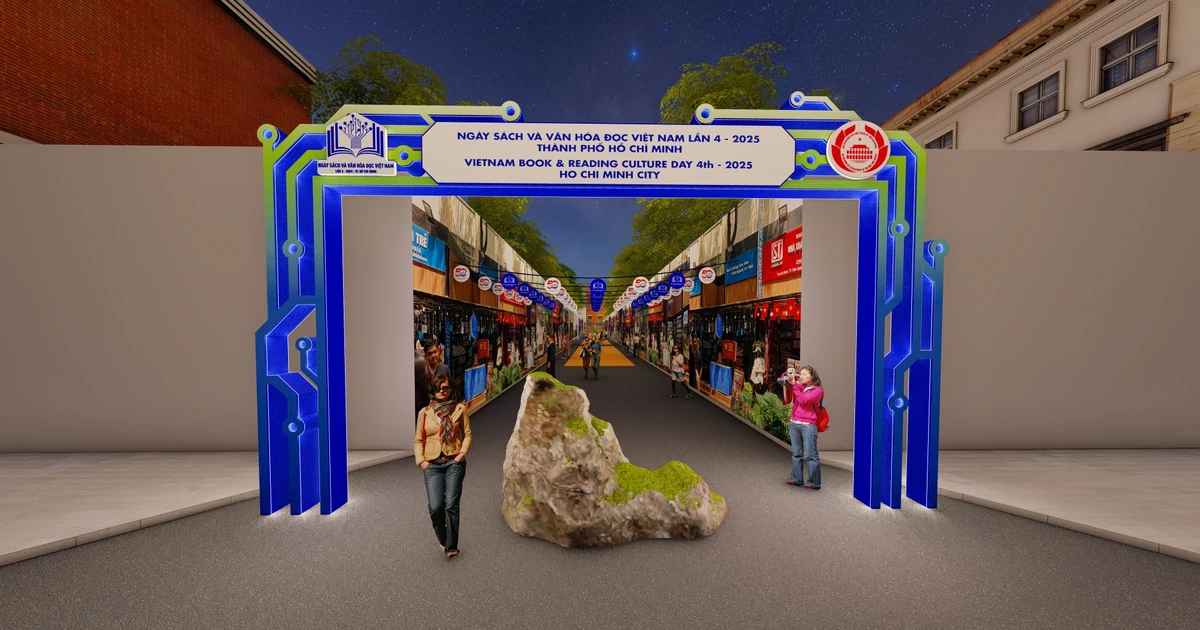

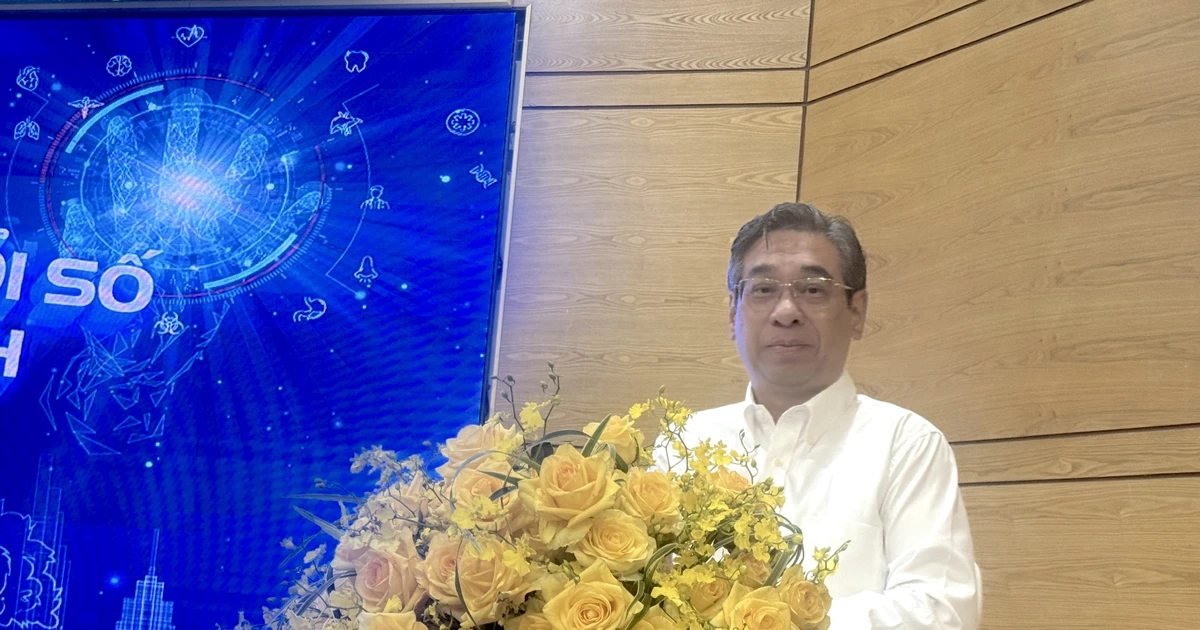
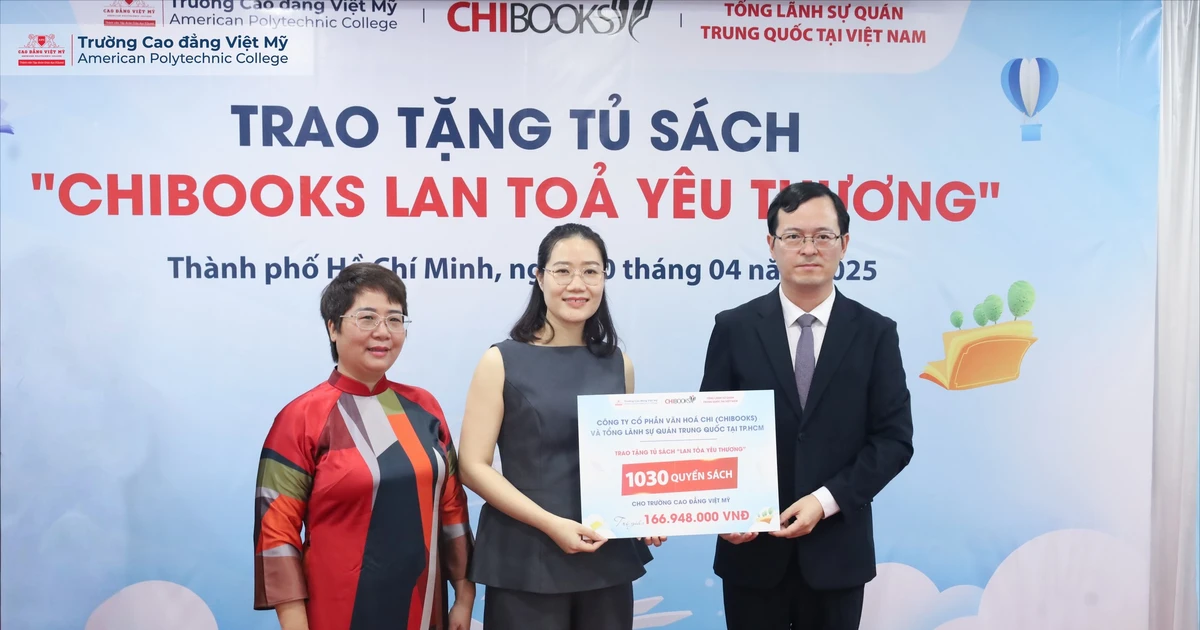














































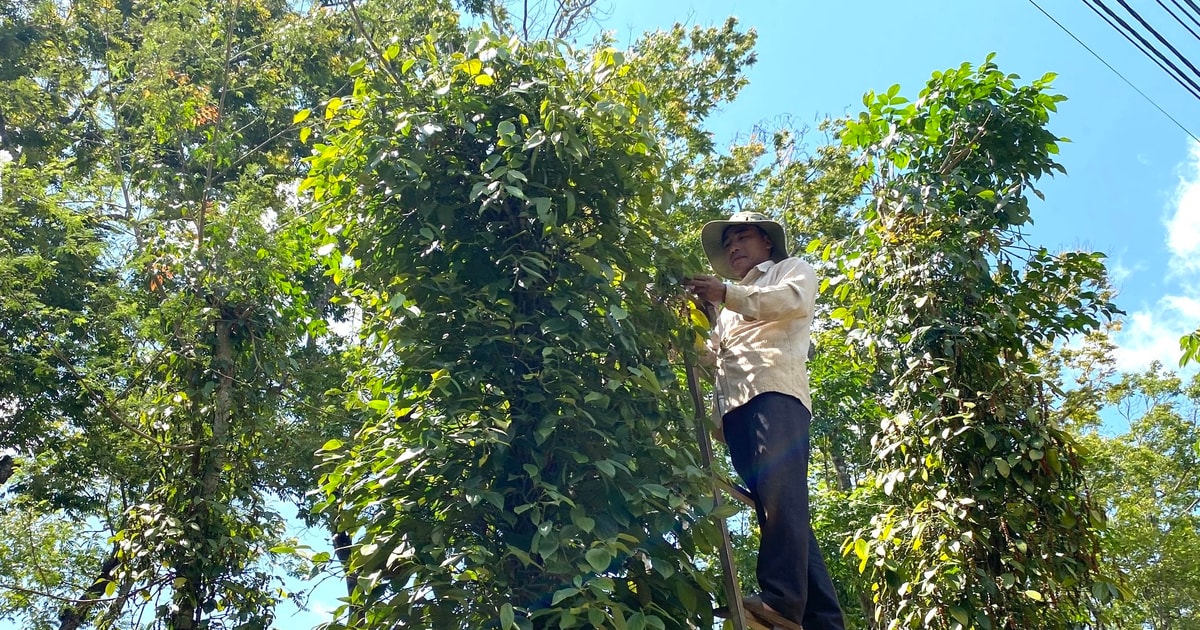

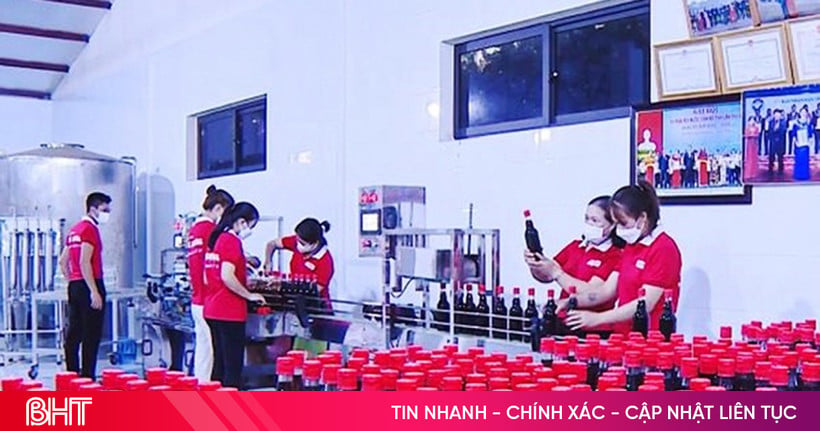

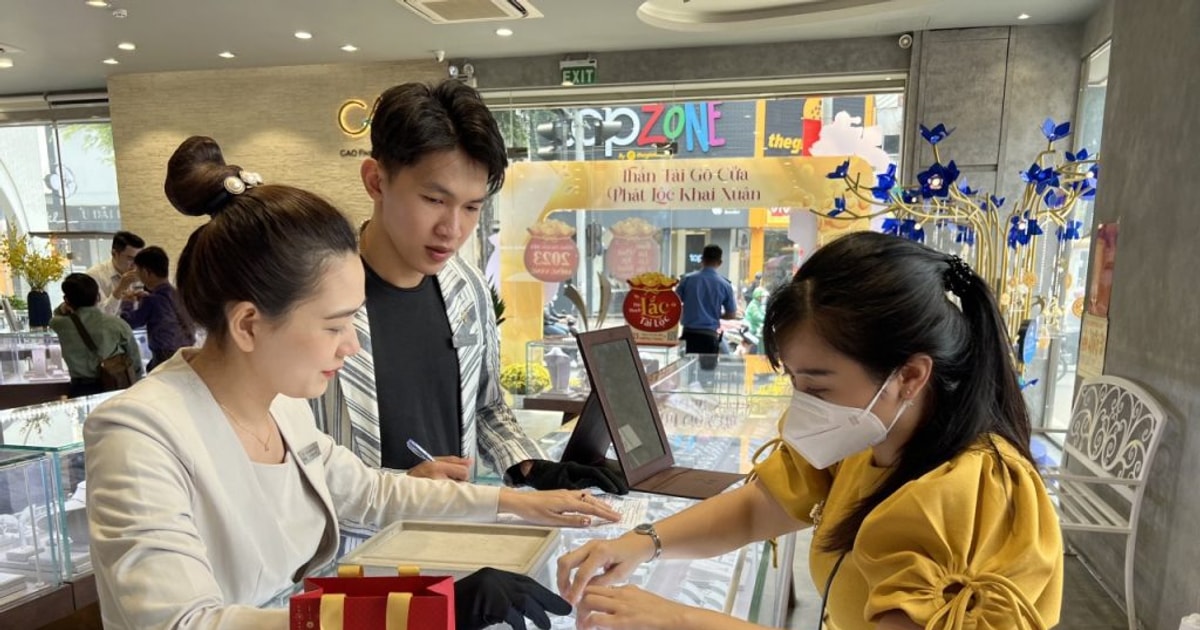
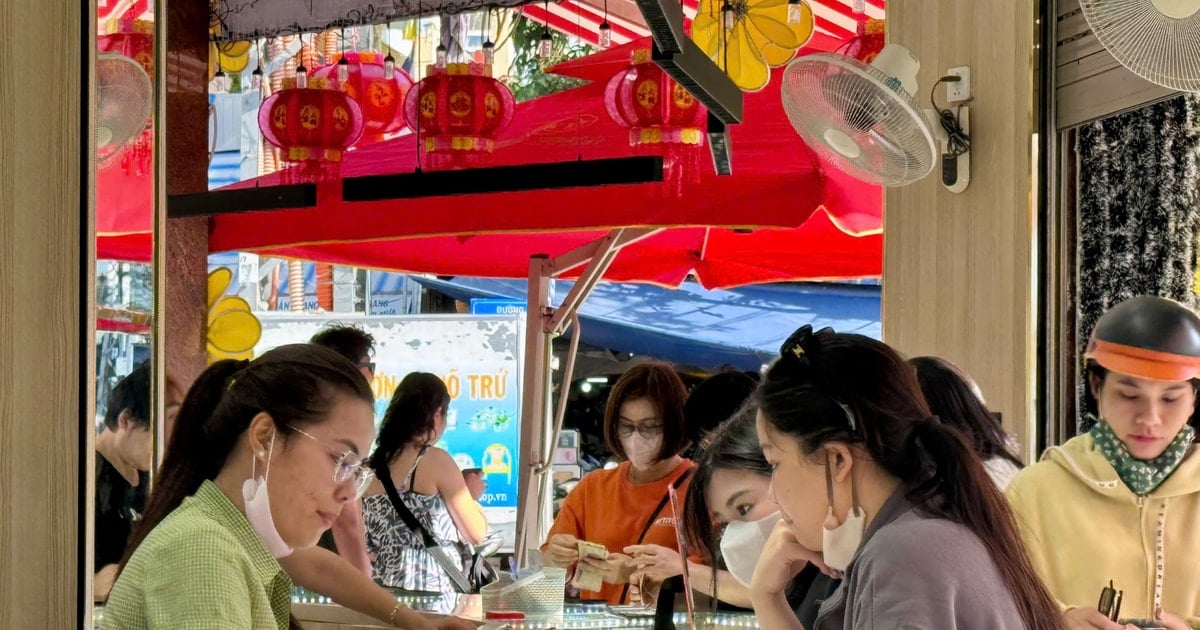
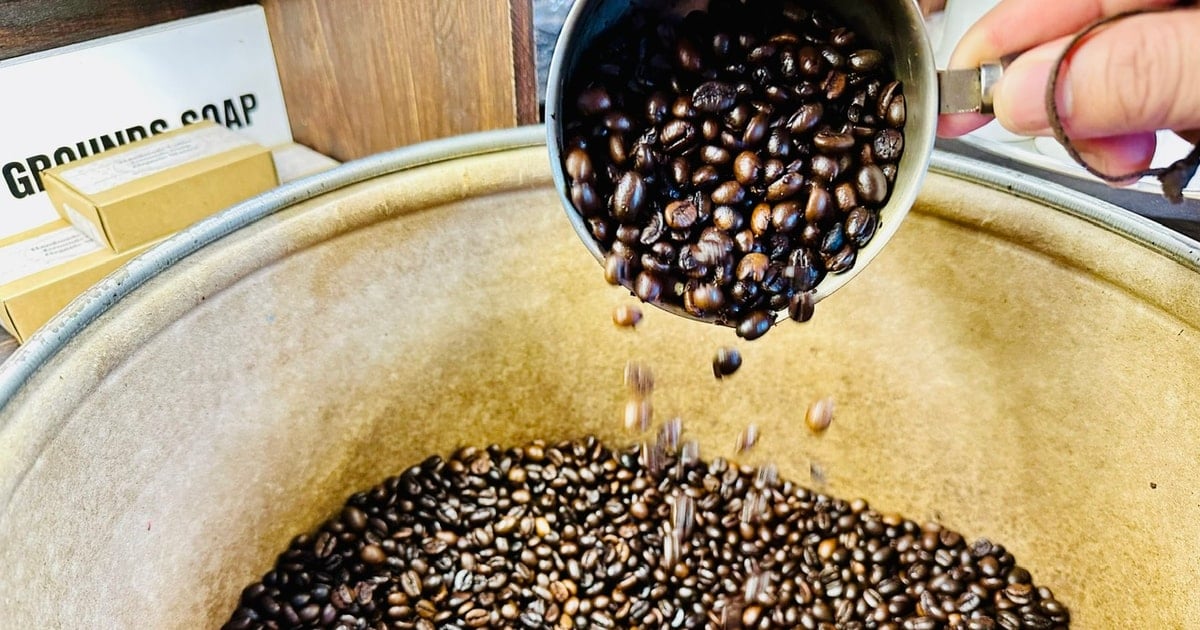
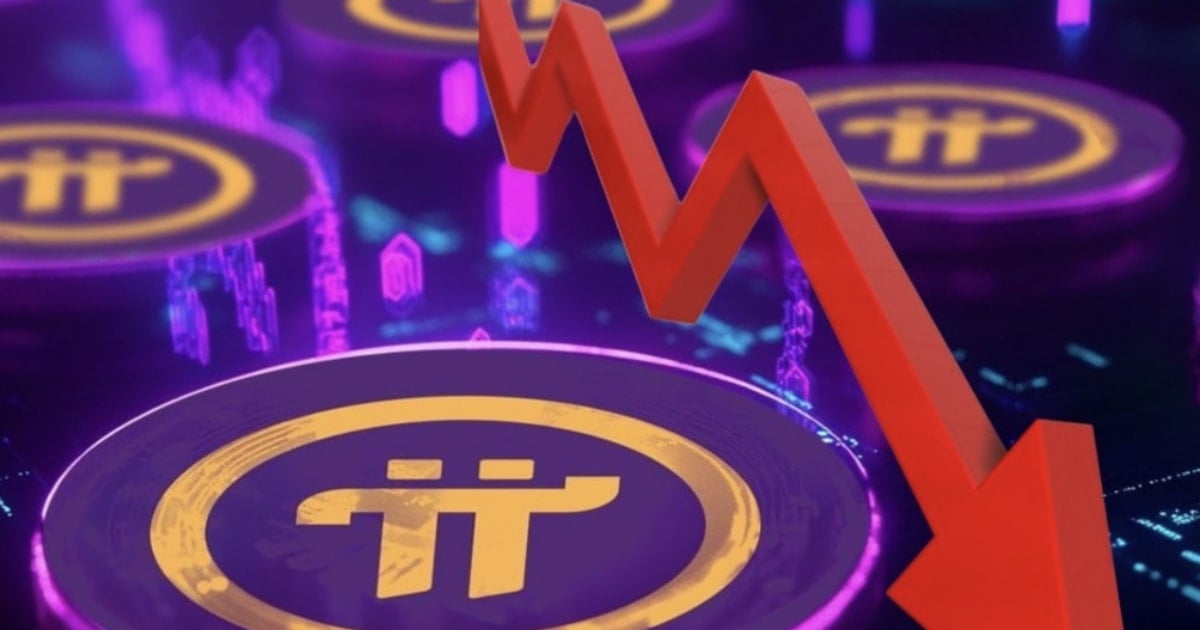







Comment (0)